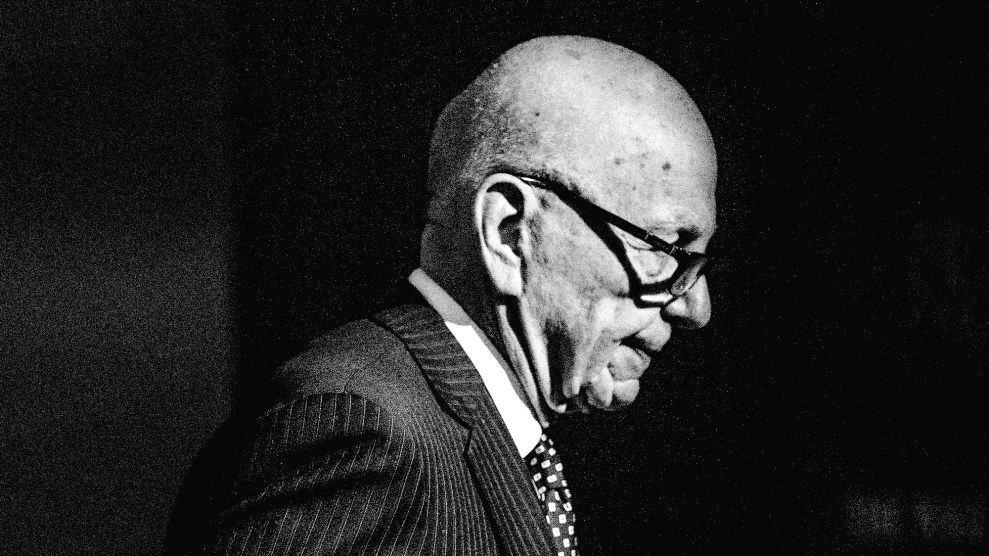
Everyone has heard about the astoundingly un-American failure of the state and federal governments to respond to Hurricane Katrina, and subsequently Rita, in New Orleans. You know the basic story: Somehow officials couldn’t get people out or supplies in quickly enough. Armed bands of civilians took to the streets. Martial law, rotting garbage and bodies, the ice trucks never made it. But if you want to actually imagine yourself sweating your ass off, drinking your face off, and trying to find food, safety, sanity, and something worthwhile to do in a flooding post-Katrina New Orleans, Joshua Clark’s Heart Like Water: Surviving Katrina and Life in Its Disaster Zone is for you.
Clark, a writer, publisher, and man-about-town (full disclosure: we’re acquaintances with some very close friends in common), defied the mandatory evacuation that preceded the 2005 storm and hunkered down in his French Quarter apartment with his girlfriend and a radio. What ensues is several hundred pages of his helping out other renegade citizens, hiding from soldiers and cops, roving the city and eventually other ravaged Gulf Coast parishes and counties in a bathing suit and flip-flops with a tape recorder and asking everyone he runs into what’s up.
My friends-cum-fellow-evacuees and I thought we had it rough, culling news of our city from phone calls and conflicting reports on frantically-searched channels and websites from my in-laws’ house in Ohio. Clark and comrades, too, try to piece together what’s going on, even in the very neighborhoods still they’re inhabiting; his interview transcripts, interspersed throughout the book, illustrate the pervasive—and horrifying—experience of living in the midst of rumors and misinformation about a national disaster. The stay-behinds he encounters speculate and ask questions, the answers to some of which still haven’t found a consensus. (Did someone purposely blow a levee to save Uptown New Orleans? What exactly was going on in the Convention Center?) Clark, in response, wanders, trying to see as much of it as he can for himself.
Heart Like Water isn’t exactly a literary masterpiece. Self-consciously written exchanges that are supposed to be wacky and funny fall flat, complicated metaphors collapse under their own weight, and the melodramatic exchanges between Clark and his increasingly distressed girlfriend warrant some skimming. But the details of his experience, combined with the ones the people around him share, are worth telling. And it’s worth it for the reader to know them—the confusion of looting around with masses of other panicked, hungry people in the depths of a flooding, stiflingly hot, pitch black grocery store; the chest-clenching frustration of getting a tiny Salvation Army check and seeing FEMA dollars fed into video poker machines; the way the people around you come together or completely fall apart; the stunned silence or sobs of residents who return to their neighborhoods and can’t locate their entire house; the difficulties of trying to fall asleep in a city awash in mosquitoes, booze, uncertainty, and heartbreaking resignation and strip-club-going cops and burning warehouses full of bananas, where a bartender hawks Spam for $15 an ounce like on a deserted island, like he’s in a war zone or oceans away from civilization when Baton Rouge is 80 miles up the interstate.
New Orleans’ survival depends on the nation remembering it, and it’s certainly more memorable to experience the devastated city, if only through and for the duration of a memoir, than to read articles about struggling schools, failing infrastructure, and still-standing shells of flooded houses. Clark is a keen note taker and recorder, and the experiences of people like him speak more to the state of the Crescent City than any pundits or news reports can. Heart Like Water‘s strength is that it provides the opportunity for those who weren’t there to really understand what it was like for someone who was.









